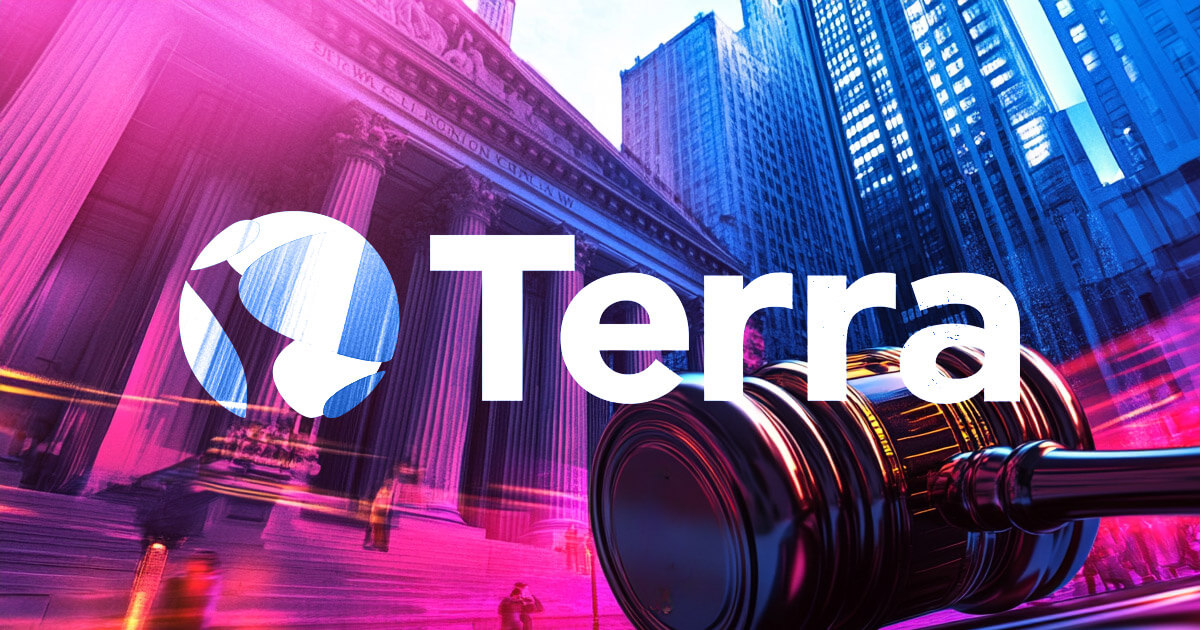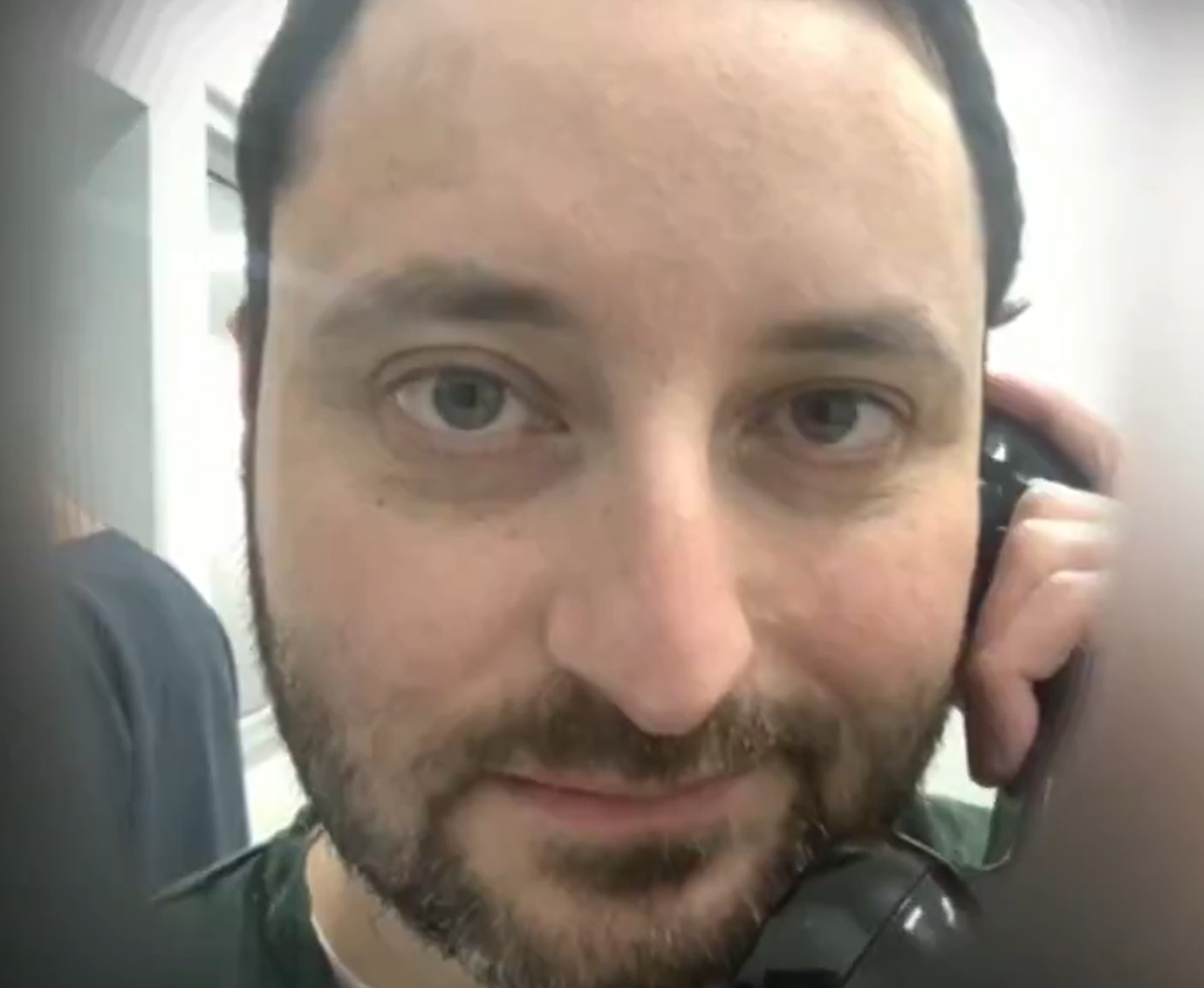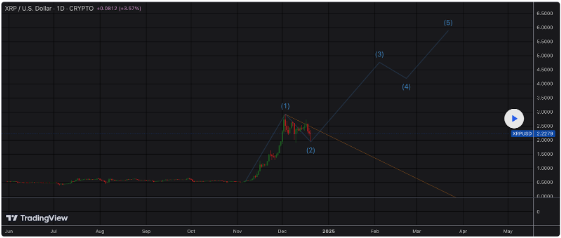The crypto industry is increasingly worried that U.S. regulators are clamping down too hard on the space. Predictably, that’s making companies in the space look outwards to regions that have clearer guidelines in place, and it seems there are lessons the industry, and regulators around the world, can learn from looking beyond their borders.
“Hopefully, we’ll see the U.S. take a stand,” Denelle Dixon, CEO and executive director of the Stellar Development Foundation, told TechCrunch+ at Consensus 2023. “If we don’t, there’s going to be a lot of chaos.”
She’s not the only one who thinks so. Rebecca Rettig, chief policy officer of the layer-2 blockchain Polygon, told TechCrunch+ that she spends a lot of time in D.C. to meet policy makers, regulatory agencies and other groups for a variety of reasons. Some conversations are to help educate people, while others are “pressing” meetings over crypto policy. “We have a big divide between industry and regulators, and to bridge that gap, industry has to move a bit.”
Among the conversations in Congress: market structure, stablecoins and the industry after FTX’s collapse.
Regulators are applying the law as it is written today and as they see it. Rebecca Rettig, chief policy officer, Polygon
“Regulators are applying the law as it is written today and as they see it,” Rettig said. “That’s why we’ve seen some hostility, or a ‘regulatory crackdown,’ as people are calling it. The industry needs to understand that they need to comply with the ethos we’re talking about where there aren’t intermediaries.”
Regulators and policy makers also want to see non-financial use cases for crypto. Last month, Polygon launched a crowdsourced database called Community Policy Initiative No. 1, which aims to share real-world use cases of web3, ranging from social impact to gaming applications. The database will be published once it has collected enough from the community, according to its website.
“Because we’re building utility around the technology, I think we’re going to see interest and acceptance from regulators around the world, including the U.S.,” Dixon said. “It’s about showing we’re solving problems.”
Credit: Source link















































